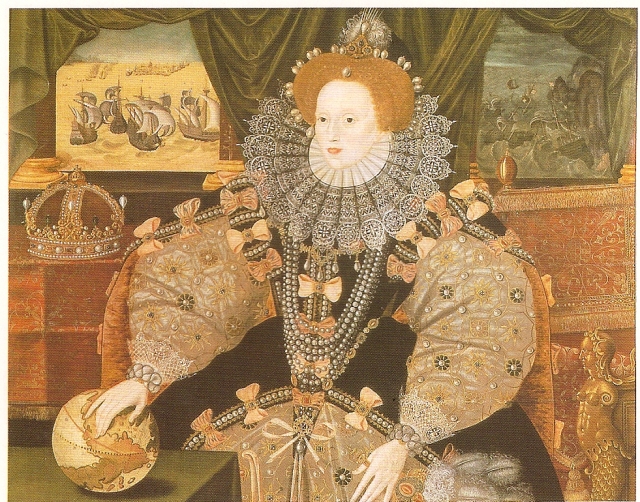An op-ed in the New York Times compares cyberwar to the privateering conflicts of the Elizabethan period.
Jordan Chandler Hirsch and Sam Adelsberg, authors of the op-ed, argue that “In confronting today’s cyberbattles, the United States should think less about Soviets and more about pirates. Indeed, today’s cybercompetition is less like the cold war than the battle for the New World.”
“In the era after the discovery of the Americas,” Hirsch and Adelsberg contend, “European states fought for mastery over the Atlantic. Much like the Internet today, the ocean then was a primary avenue for trade and communication that no country could cordon off.”
The op-ed discusses the historical context of privateering in the Atlantic world during the late sixteenth century: “At that time, the Spanish empire boasted a fearsome navy, but it could not dominate the seas. Poorer and weaker England tested Spain’s might by encouraging and equipping would-be pirates to act on its behalf without official sanction. These semi-state-sponsored privateers robbed Spain of gold and pride as they raided ships off the coasts of the New World and Spain itself, enriching the English crown while augmenting its naval power. Spain’s inability to attribute the attacks directly to England allowed Queen Elizabeth I to level the playing field in an arena lacking laws or customs.”
For the op-ed by Jordan Chandler Hirsch and Sam Adelsberg, see the New York Times.


Reblogged this on Center for the Study of Religious Violence.